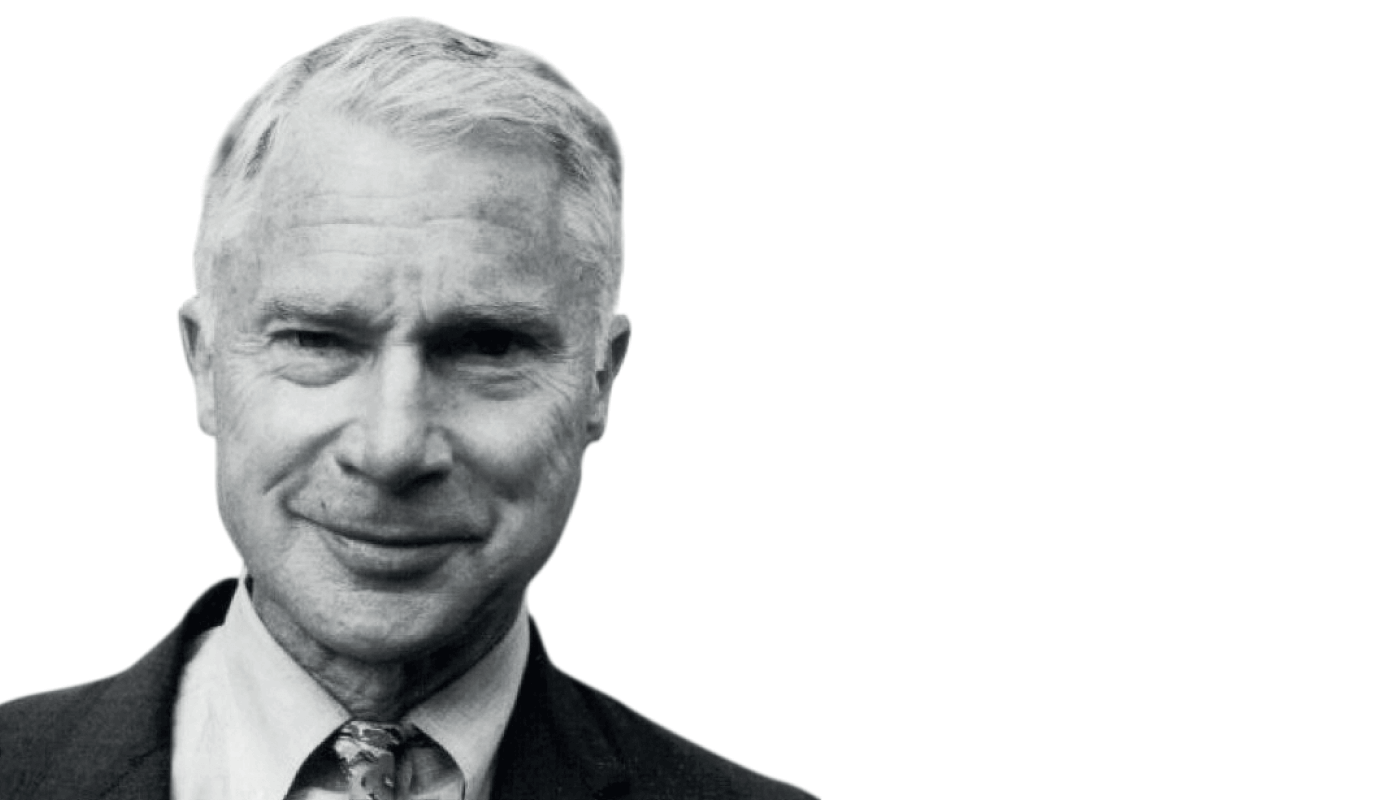
From the Editor: This is a response to a quote from Judy Melinek on the hardships of surgical training, published in our May issue: “What I love about surgery is its immediacy – the fact that somebody can come in acutely ill and you can fix them. It’s gratifying to have that kind of impact on people’s lives and to see medicine really work. I love anatomy and physiology. I love the technical aspects of surgery. What I don’t like is the hours. I cannot work that many hours – and I don’t believe surgical training programs need to abuse the residents the way they do. There are ways of teaching surgery that don’t require so many hours of work or create so much mental and physical exhaustion. I don’t think that [the current approach] is healthy for surgical residents – or for the patients – or for medicine as a whole.”
Surgeons like to think they fix things – and, to some extent, they do (take, for instance, cataract surgery). To a greater extent, they simply make it possible for a body to heal itself. Sometimes, they forget their patient’s self-healing powers and develop a far higher opinion of themselves than is justified. Great surgeons have to control their movements, their thinking, and their emotions – not to mention their associates, staff, and the surgical environment… and being in control can be a heady experience. Performing a successful surgical procedure conveys a sense of power, often leading to arrogance. The surgeon is handsomely rewarded emotionally and financially for operating and may stop getting rewards from anything else (as happens with many who become skilled at a difficult, highly valued task). The result can make it hard for surgeons to do anything other than surgery.
Skills are learned; some people learn quickly, whereas others take a long time. Even for those who are fast learners, becoming a good surgeon takes a long time – acquiring skills, developing the right attitudes, and learning the appropriate processes. The surgeon who does not devote great effort to acquiring and maintaining skills is almost always a poor surgeon.
Many fine surgeons are terrible teachers, whereas many poor surgeons may have teaching skills, but do not know what to teach. Great surgical mentors know that truly great surgeons are both skilled and humble. In a world that rewards self-promotion and winning, such surgeons do not become the gatekeepers of surgery – teaching included. The situation Judy Melinek describes is the consequence of a culture that rewards those whose goal is to be a winner at any cost – to themselves or others. Their objective is power, not the nature of the outcome. But there is no social value in being the sole winner or being excellent for the sake of it. The true goal is to be a winner while at the same time helping everybody else to win, and that brand has always been rare. Will this ever change?
